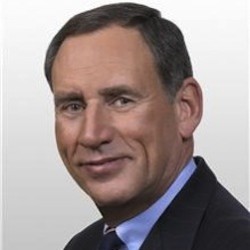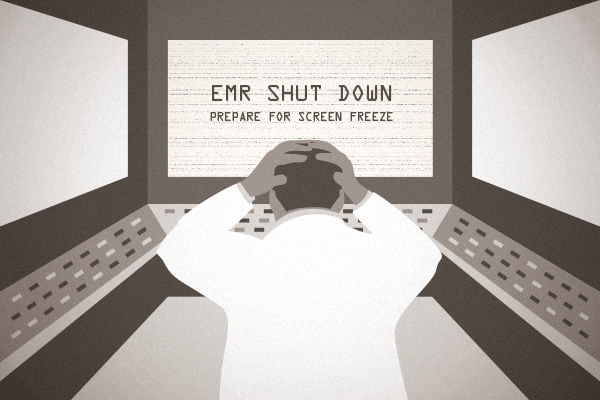 Missy Krasner was brought on to Google Health in April of 2006 — a time she calls “pre-social, pre-quantified-self and pre-internet-of-things.” Google was trying to create a central repository for consumers to collect and store their health records, and they wanted to make the APIs available for developers so they could integrate this data into their own applications. She might have been too early in the game, because Google Health rolled up shop. But Krasner is now entrepreneur-in-residence at Morgenthaler Ventures and a startup mentor. She has a lot to say about health data and its potential benefits.
Missy Krasner was brought on to Google Health in April of 2006 — a time she calls “pre-social, pre-quantified-self and pre-internet-of-things.” Google was trying to create a central repository for consumers to collect and store their health records, and they wanted to make the APIs available for developers so they could integrate this data into their own applications. She might have been too early in the game, because Google Health rolled up shop. But Krasner is now entrepreneur-in-residence at Morgenthaler Ventures and a startup mentor. She has a lot to say about health data and its potential benefits.
Krasner says newer PHRs are getting business if they have amazing (user interfaces) — if they’re beautiful, if they have companion user apps, and they’re social. Companies don’t just say “we want to structure your data; now we want to connect you with other people who have your same illness, if you’re comfortable with that.” Leave it someone at the top of the tech industry to remind us that big companies are expecting more from technology (in opposition of that stagnant acceptance of archaic EMR still bogging down countless docs).
SEE WHAT’S NEXT IN PHR ACCORDING TO MISSY KRASNER
We’re not scaled at the level of Google, but we are on board with this type of agile thinking. That’s why we’re working to integrate FitBit into our Atlas.md EMR software. This will be the first PHR that our EMR communicates with. From there we’ll continue to iterate our software to communicate with other PHR over time, specifically ones that patients find helpful and trust using. The goal here is to facilitate healthier decisions for patients and help doctors understand what their patients habits are, and what can be done to improve their health.
Photo of Missy Krasner courtesy of Morgenthaler.com


